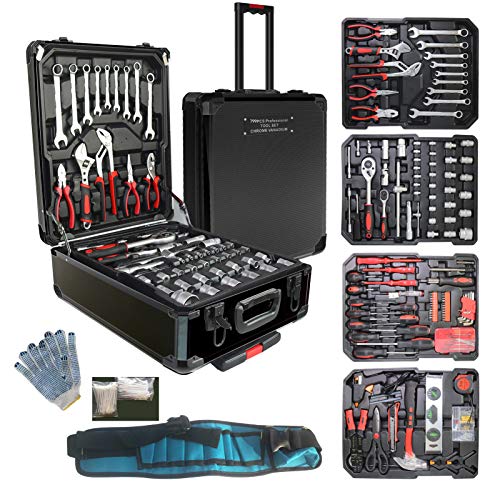matt
New member
Hello everyone!
I'm interested in getting a 1999 or newer Chevrolet Astro van to convert to a camper. I see there are 2WD and AWD versions, can anyone chime in on the pros and cons of each?
My main concern is reliability as I am not mechanically inclined.
I'm interested in getting a 1999 or newer Chevrolet Astro van to convert to a camper. I see there are 2WD and AWD versions, can anyone chime in on the pros and cons of each?
My main concern is reliability as I am not mechanically inclined.












































































